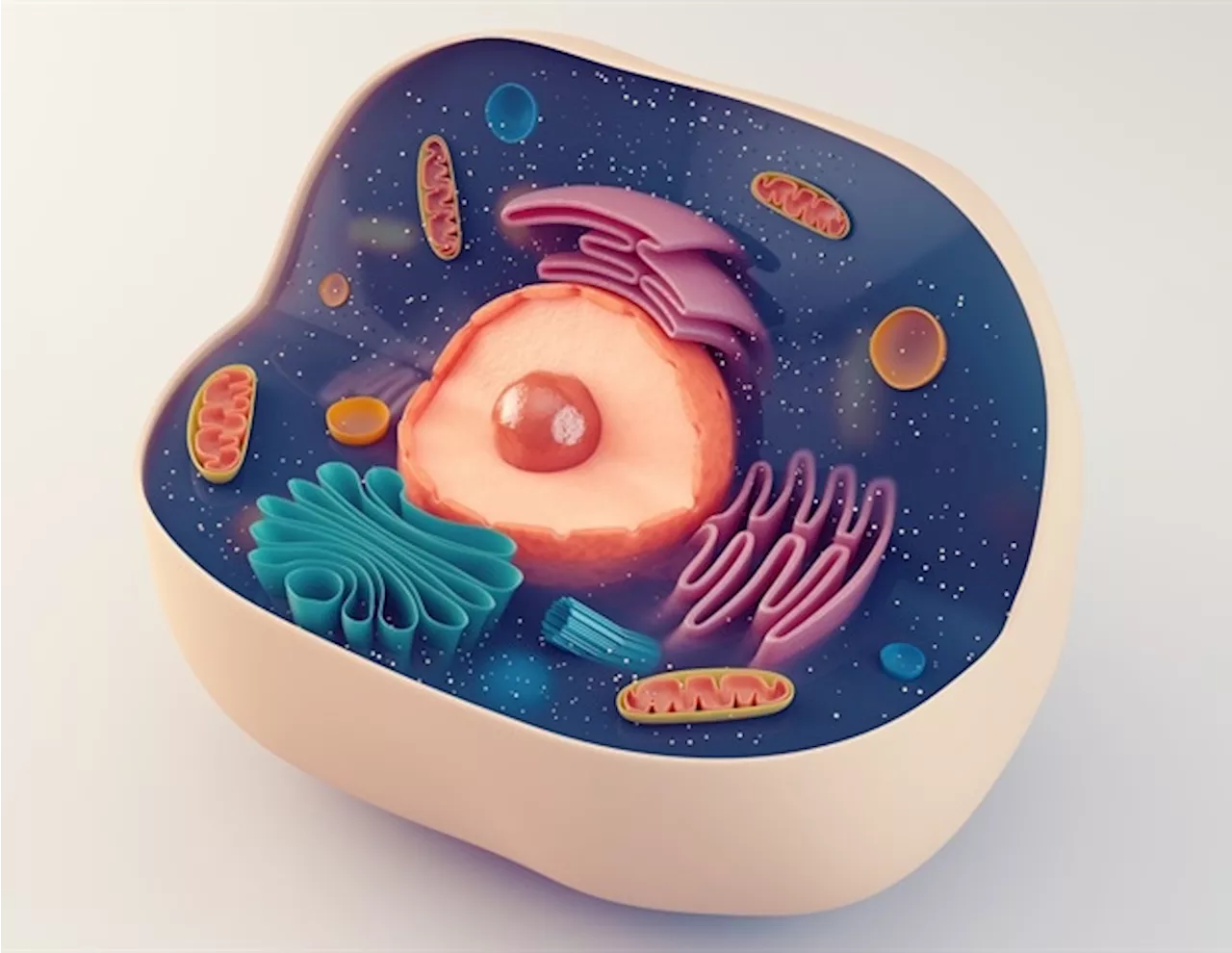Red blood cells are the most abundant cells in the body. It has long been known that when red blood cells break down or anemia occurs due to bleeding, the hormone erythropoietin (EPO) increases, leading to the proliferation of immature cells (erythroblasts) that eventually become red blood cells, thus restoring the red blood cell count.
Kumamoto UniversitySep 20 2024 Red blood cells are the most abundant cells in the body. It has long been known that when red blood cells break down or anemia occurs due to bleeding, the hormone erythropoietin increases, leading to the proliferation of immature cells that eventually become red blood cells , thus restoring the red blood cell count. However, how more primitive "hematopoietic stem cells " respond to severe anemia has been largely unclear.
It was discovered that after acute anemia was induced, hematopoietic stem cells began to proliferate immediately. Moreover, the hematopoietic stem cells of anemic mice produced more red blood cells compared to other blood cells, a response not seen in normal mice. Since hematopoietic stem cells do not respond to erythropoietin, the researchers conducted genetic analysis to identify what triggers the changes in these cells.
Cell Cell Production Research Anemia Apolipoprotein Bleeding Bone Bone Marrow Erythropoietin Genes Genetic Hormone Lipoprotein Metabolism Platelets Receptor Red Blood Cells Stem Cells
United Kingdom Latest News, United Kingdom Headlines
Similar News:You can also read news stories similar to this one that we have collected from other news sources.
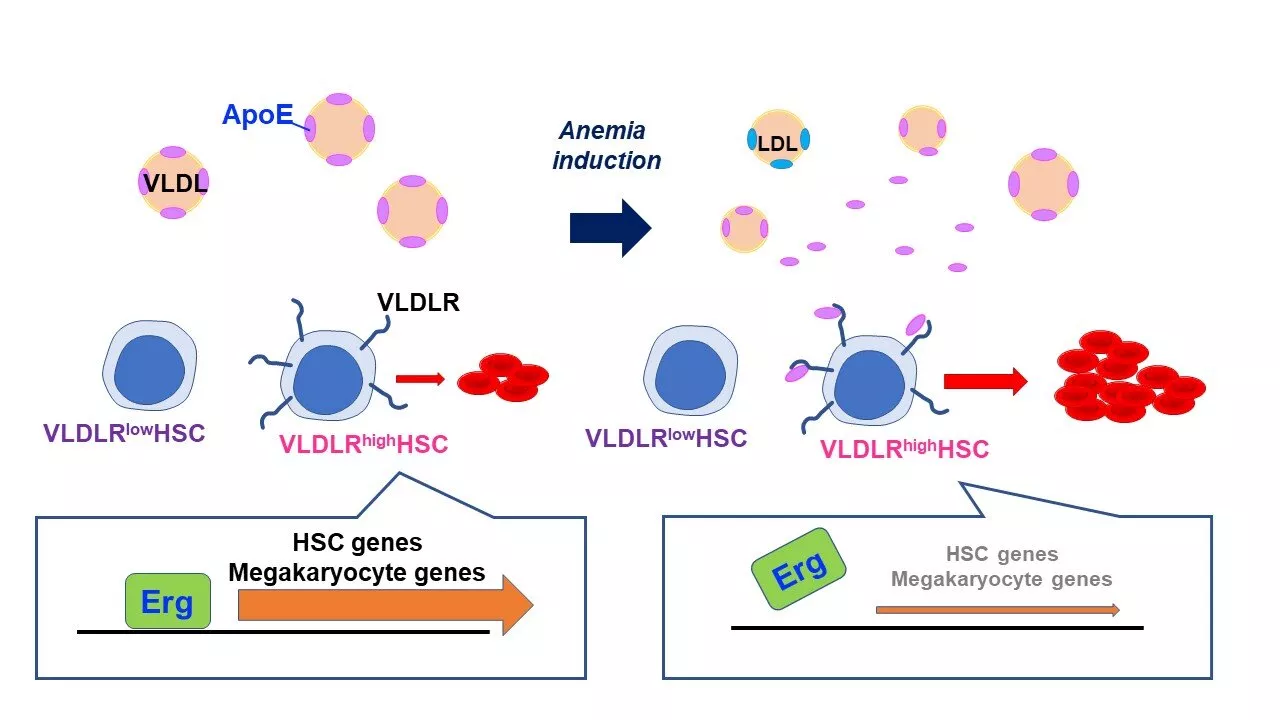 Researchers discover potential target to treat severe anemia in patients unresponsive to standard treatmentsRed blood cells are the most abundant cells in the body. It has long been known that when red blood cells break down or anemia occurs due to bleeding, the hormone erythropoietin (EPO) increases, leading to the proliferation of immature cells (erythroblasts) that eventually become red blood cells, thus restoring the red blood cell count.
Researchers discover potential target to treat severe anemia in patients unresponsive to standard treatmentsRed blood cells are the most abundant cells in the body. It has long been known that when red blood cells break down or anemia occurs due to bleeding, the hormone erythropoietin (EPO) increases, leading to the proliferation of immature cells (erythroblasts) that eventually become red blood cells, thus restoring the red blood cell count.
Read more »
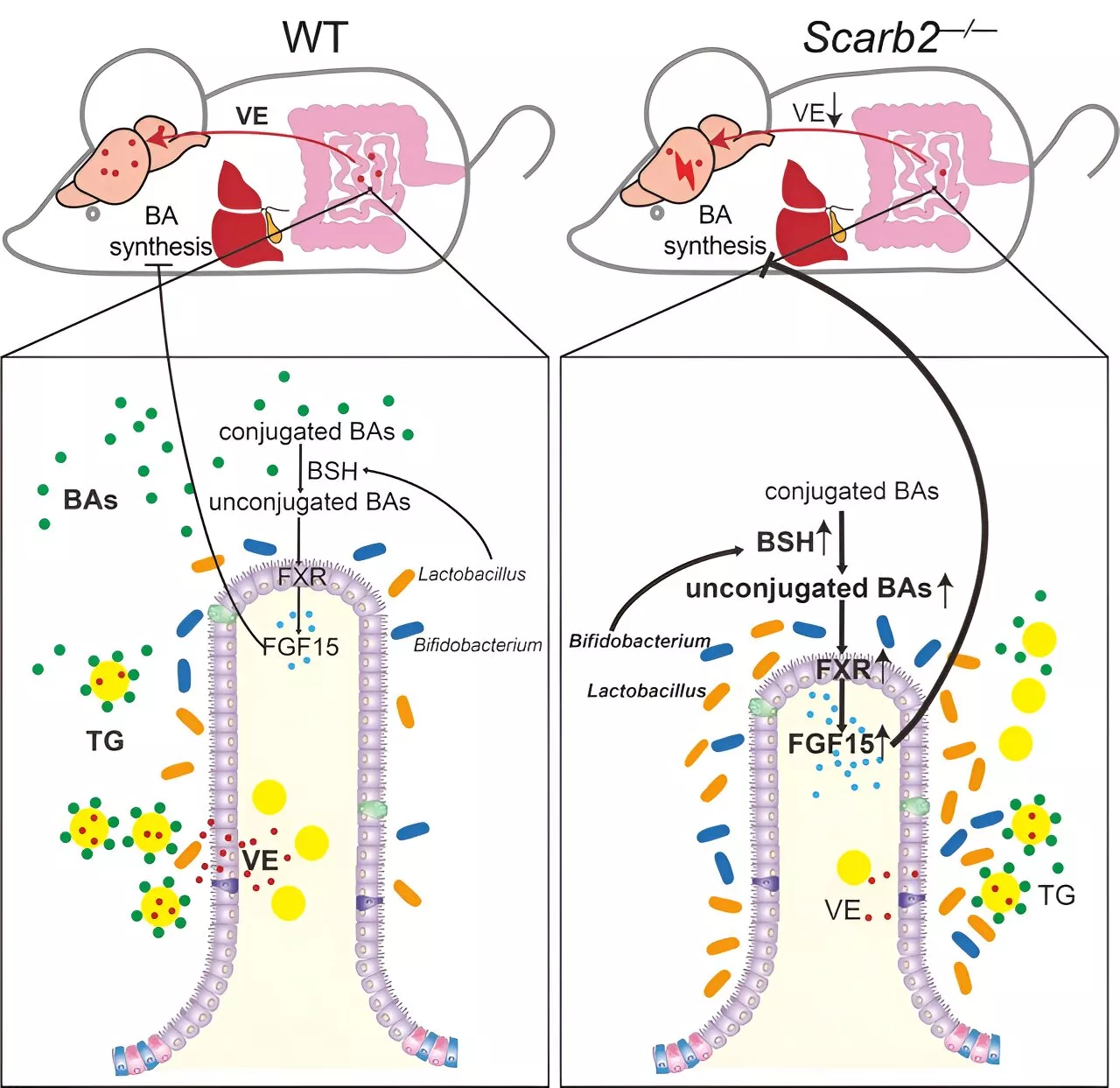 Gut dysbiosis found to impair intestinal renewal and lipid absorption in Scarb2 deficiency-associated neurodegenerationA study published in the journal Protein & Cell details the connection between SCARB2 deficiency and gastrointestinal dysfunction, revealing that the loss of SCARB2 leads to alterations in bile acid metabolism and dysbiosis in the gut microbiome.
Gut dysbiosis found to impair intestinal renewal and lipid absorption in Scarb2 deficiency-associated neurodegenerationA study published in the journal Protein & Cell details the connection between SCARB2 deficiency and gastrointestinal dysfunction, revealing that the loss of SCARB2 leads to alterations in bile acid metabolism and dysbiosis in the gut microbiome.
Read more »
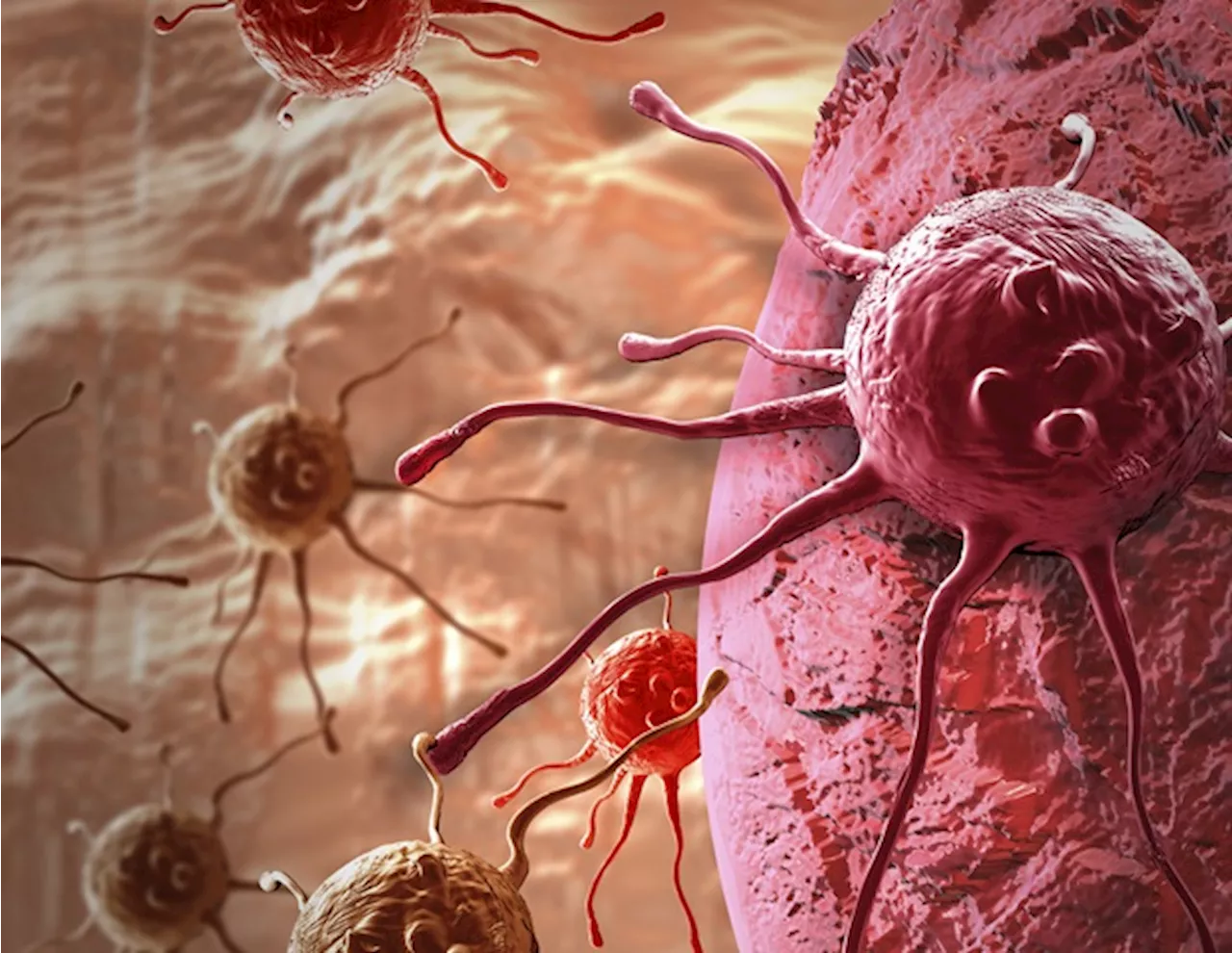 Lipid molecule fuels cancer growthCancer cells seldom start off stealthy. Quite to the contrary, they announce their presence to the immune system by planting chemical red flags right on their membranes. Once alerted, the body's defenses can swoop in, destroying rogue cells before they can do much damage.
Lipid molecule fuels cancer growthCancer cells seldom start off stealthy. Quite to the contrary, they announce their presence to the immune system by planting chemical red flags right on their membranes. Once alerted, the body's defenses can swoop in, destroying rogue cells before they can do much damage.
Read more »
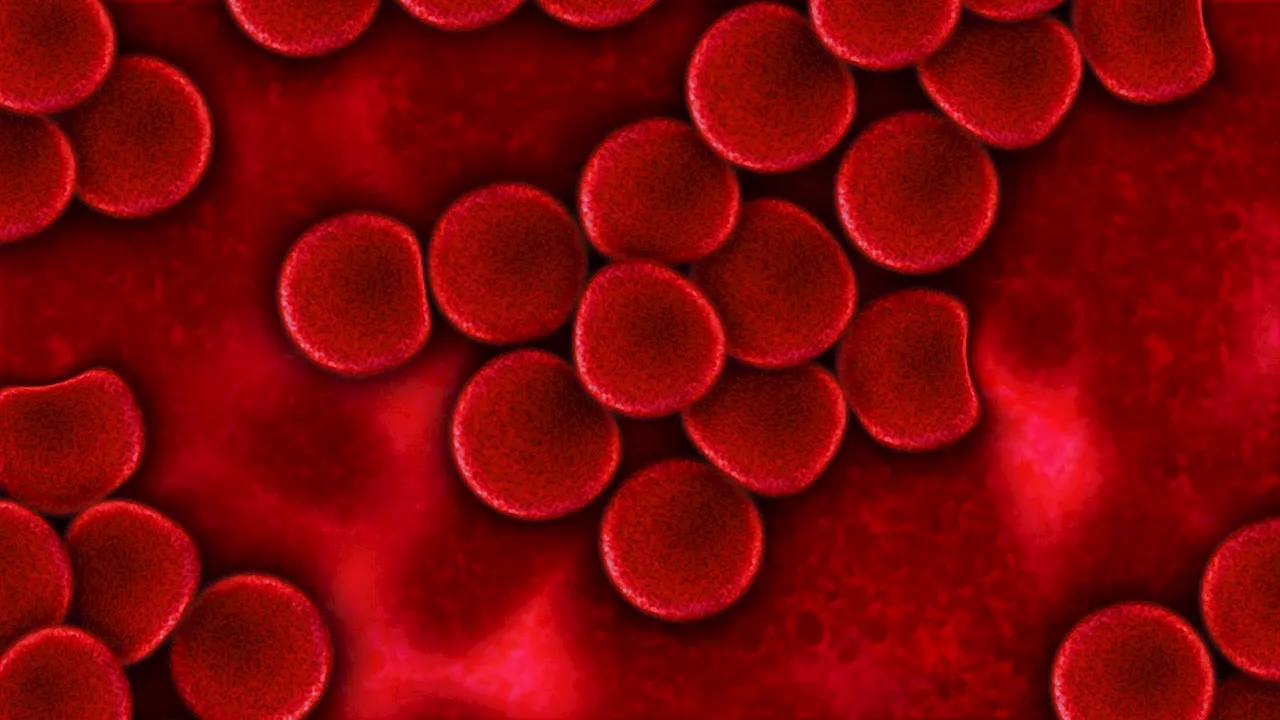 Demystifying the targeted removal of red blood cellsThe mystery surrounding the targeted removal of red blood cells from the human body is at the center of new Griffith University research.
Demystifying the targeted removal of red blood cellsThe mystery surrounding the targeted removal of red blood cells from the human body is at the center of new Griffith University research.
Read more »
 Sickle cell: Young patient treated with rare techniqueNeriya, 13, has been having treatment using a less invasive method for replacing red blood cells.
Sickle cell: Young patient treated with rare techniqueNeriya, 13, has been having treatment using a less invasive method for replacing red blood cells.
Read more »
 The Manicure Selena Gomez, Cardi B, and Jenna Ortega Have in Common Right Now—See the PhotosSelena Gomez, Cardi B, and Jenna Ortega are all currently rocking classic red manicures. Each set is long and in varying shades of cherry red, blood red, and classic, true red.
The Manicure Selena Gomez, Cardi B, and Jenna Ortega Have in Common Right Now—See the PhotosSelena Gomez, Cardi B, and Jenna Ortega are all currently rocking classic red manicures. Each set is long and in varying shades of cherry red, blood red, and classic, true red.
Read more »
